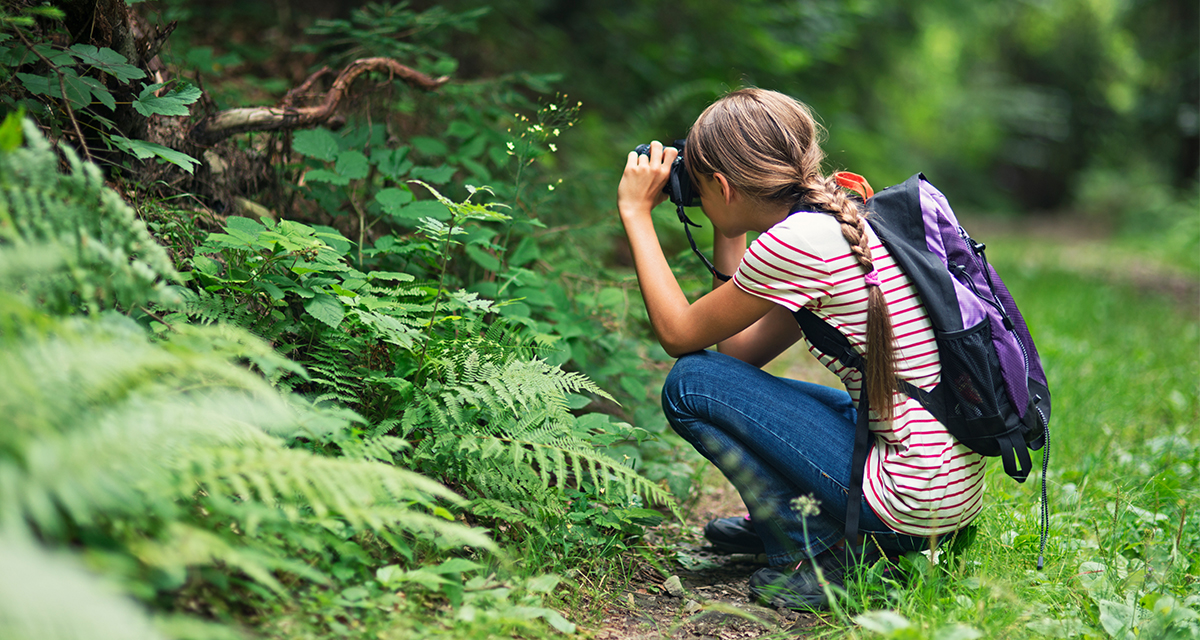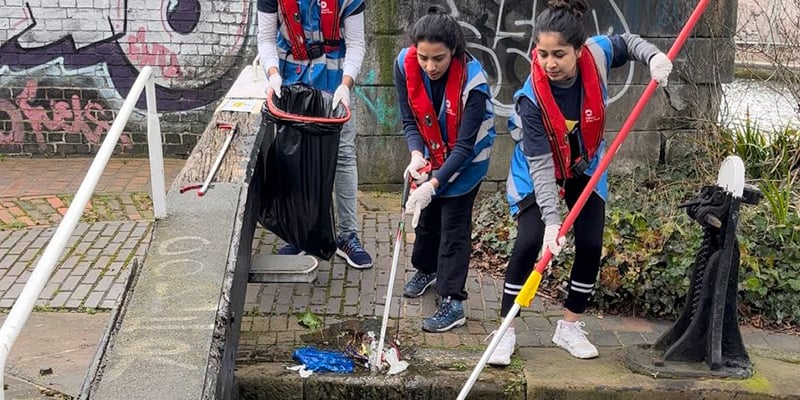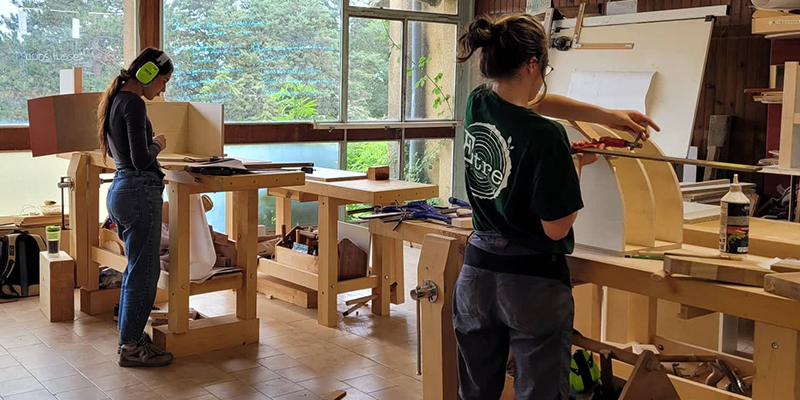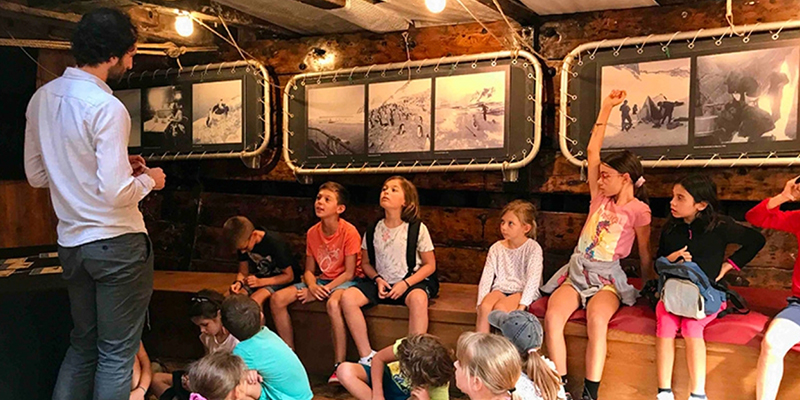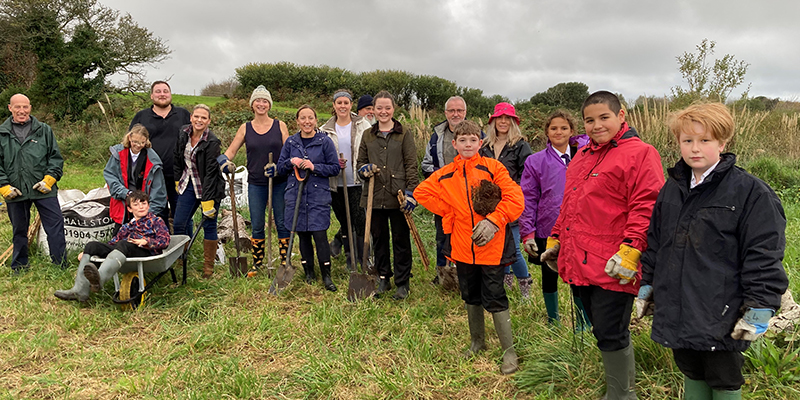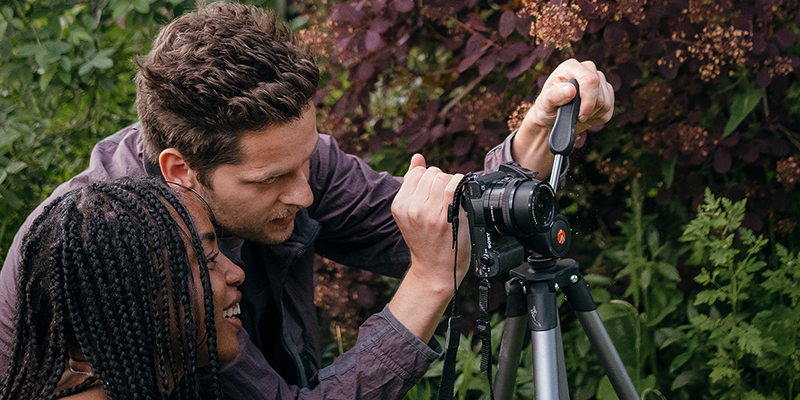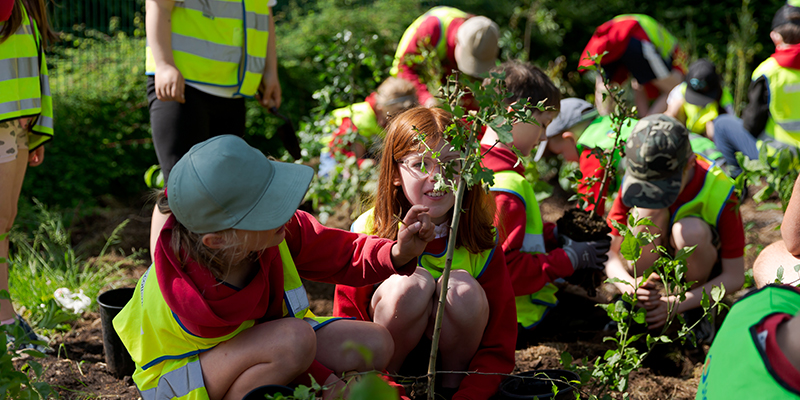Did you know that the green transition is set to generate 8.4 million jobs worldwide for young people by 2030?
As the world moves towards a more sustainable economy, it's crucial for young individuals to be equipped with the necessary green skills to navigate and thrive in this changing environmental landscape.
This year, for International Youth Day, we embrace the theme of Green Skills for Youth as we recognise the importance of equipping young people with skills, knowledge, abilities, values and attitudes needed to live in, develop and support a sustainable and resource-efficient society.
R&Co4Generations is proud to collaborate with partners who celebrate the potential of young people and empower youth with skills for the future.
Read on to learn more about some of our partners and their role in accelerating the transition towards a sustainable world.
